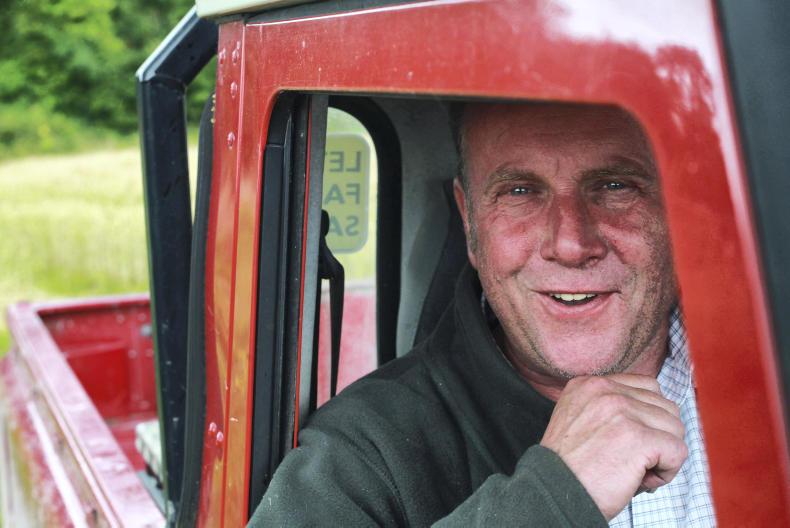On a lovely early summer morning in late April, I heard the call of the cuckoo in the wilds of Baskinagh (an adjoining townland) for the first time this spring.
It’s the male cuckoo who sings this very distinctive serenade while searching for a mate, who will, in turn, lay her eggs in another bird’s nest. And when the cuckoo chick hatches, it will cheekily tumble the host’s eggs – or indeed hatched chicks – out of the nest. The unsuspecting host may end up rearing a big ugly chick which grows to five times its own size. Imagine the humble robin rearing a chick that grows to the size of a sparrow hawk.
The cheating cuckoo is clearly not a good role model for responsible parenting. But they’re also a migratory bird who winter 5,000 miles away in Africa. The fledgling, once it leaves the Irish nest, will have to wing its way, on its own. Come next spring, it will find the lure of beautiful Baskinagh irresistible and the incredible journey starts all over again.
Arboretum
While September is my favourite month in the year, May is, of course, the most beautiful. The countryside is as its most luxuriant, with verdant new growth in every hedgerow and on every tree. Some years ago, I planted a small paddock at the back of our house with a variety of trees which, 20 odd years later, are now really coming into their own.
Despite having a considerable area of commercial hardwood forestry on the farm, I regard this small arboretum as my greatest planting achievement
They give me an enormous amount of pleasure and despite having a considerable area of commercial hardwood forestry on the farm, I regard this small arboretum as my greatest planting achievement.
It’s an eclectic tree mix, with about eight different species of oak, chestnuts, beech, yew and limes and a few rarities like a tulip tree, which I planted in memory of my sister, who died tragically in 2001.
There’s a Monterey Pine, which is apparently the fastest growing tree in the world and true to form, has grown well. There’s also a giant redwood, Wellingtonia, one of which everyone should have. It’s very adaptable, will never blow down, grows to a massive size and is extremely long-lived. It’s a giant in the making and already has exceptional girth for its height.
Between the coronavirus and recession looming and the Greens seeking a cloud-cuckoo-land government, rural Ireland will be in further decline
But back to the interesting and elusive cuckoo. Why do we call a foolish fellow a cuckoo? I don’t know – a cuckoo is actually very smart. But if I was a cuckoo, I’d give Baskinagh (and Ireland) a wide berth for the next five years. Between the coronavirus and recession looming and the Greens seeking a cloud-cuckoo-land government, rural Ireland will be in further decline.
Roundup on winter barley
With flag leaves peeping, the T2 fungicide will be going on to the wheat shortly. It won’t be anything fancy, as the crops are too ordinary to warrant a big spend. There isn’t enough plant material to merit expensive product and I won’t be revving up with premium Revysol.
I couldn’t have let the brome seed, so I sacrificed the bit of barley and sprayed the lot
Now for the bad news. It was very drastic, but I felt better after doing it. I’d just sprayed the 9ha field of winter barley with Roundup. OK, it wasn’t a good crop, with probably 2ha of bare patches and the rest mediocre.
But whatever it is about winter barley and sterile brome, it was full of it. I couldn’t have let the brome seed, so I sacrificed the bit of barley and sprayed the lot. Now it’s a bright orange colour and I’m happy. We’ll sow a forage crop in the field.
And the good news. With no winter barley to harvest, we’ll be able to head down to the Burren for a few days once the travel ban is lifted on 20 July.






 This is a subscriber-only article
This is a subscriber-only article










SHARING OPTIONS: